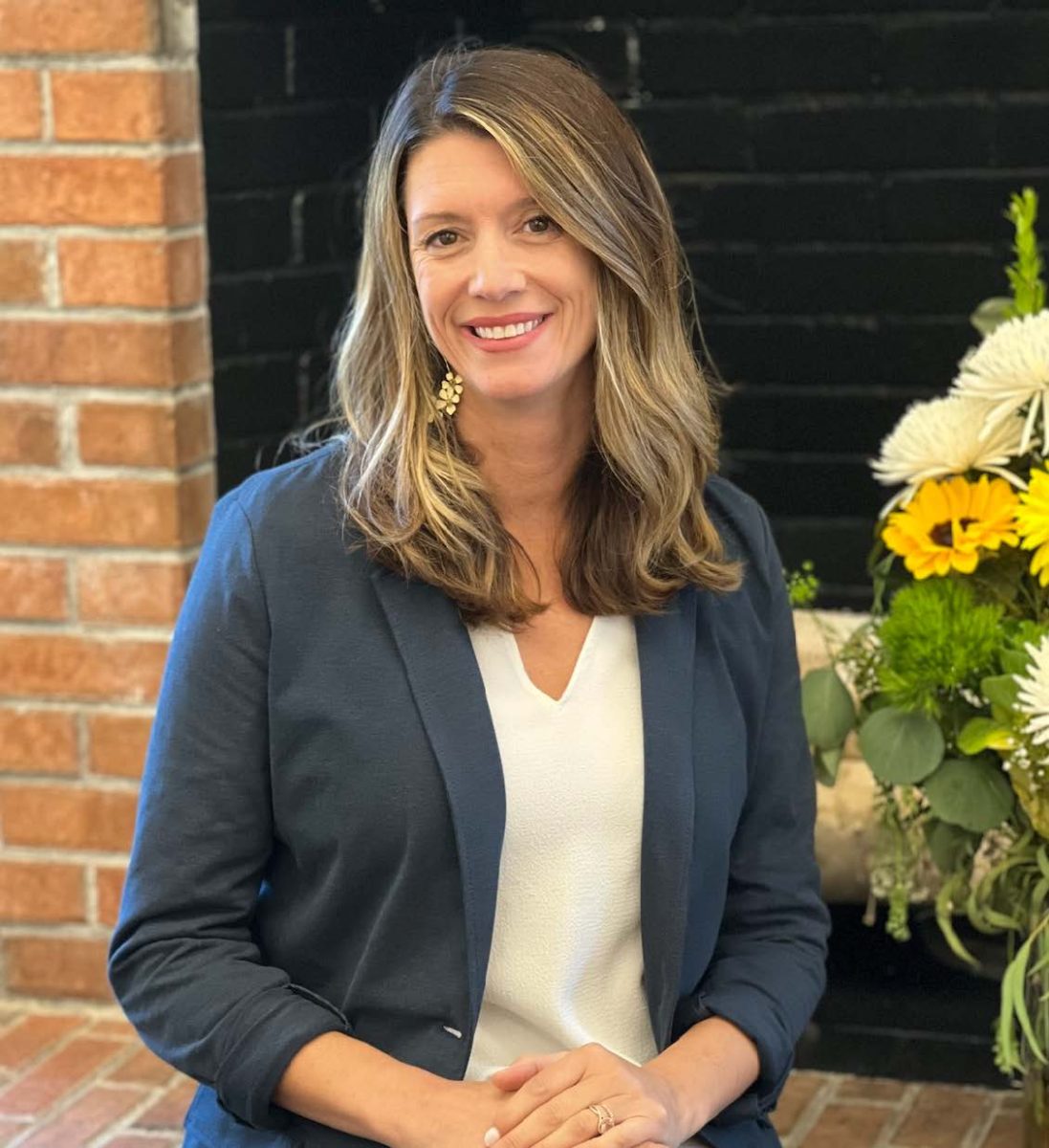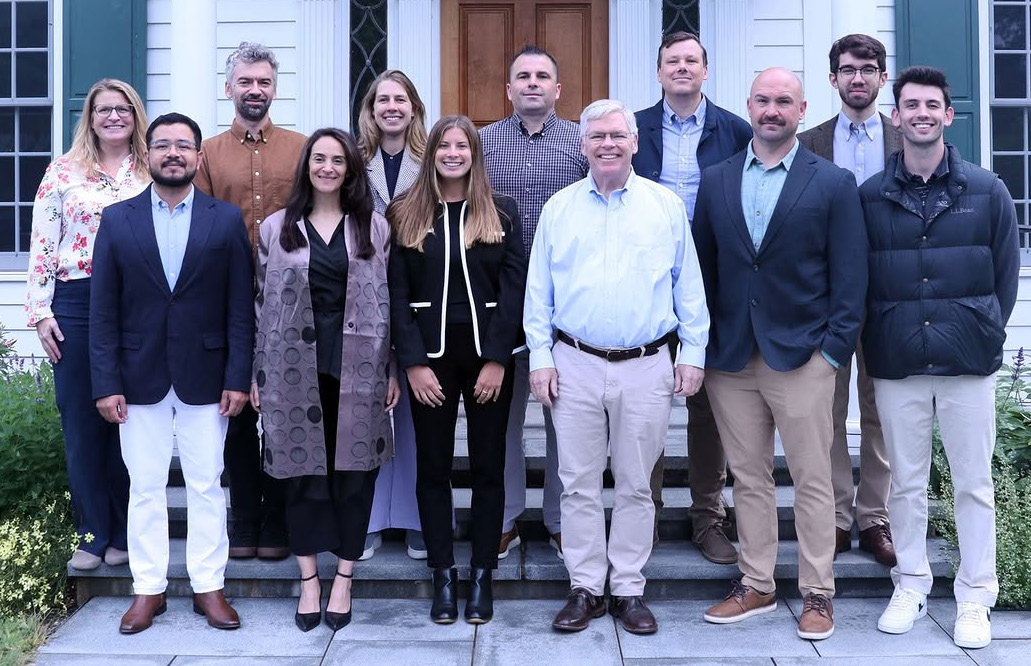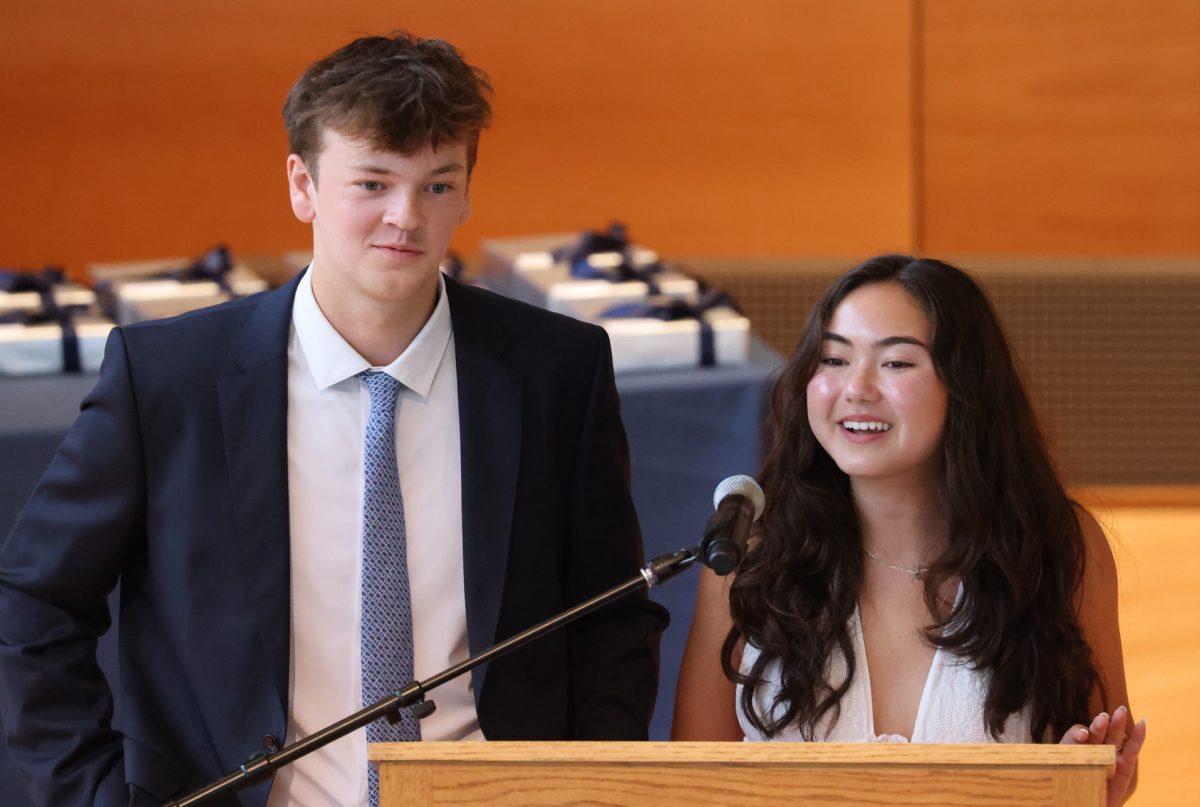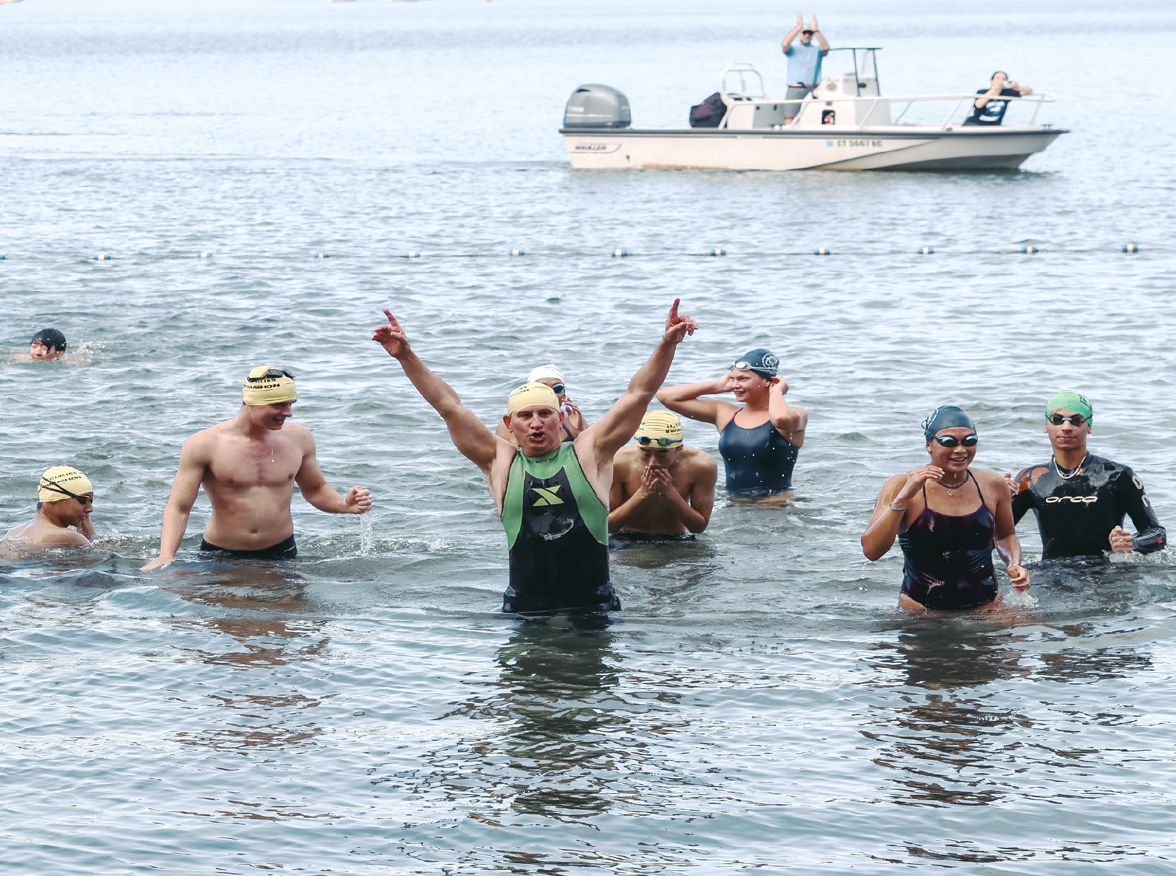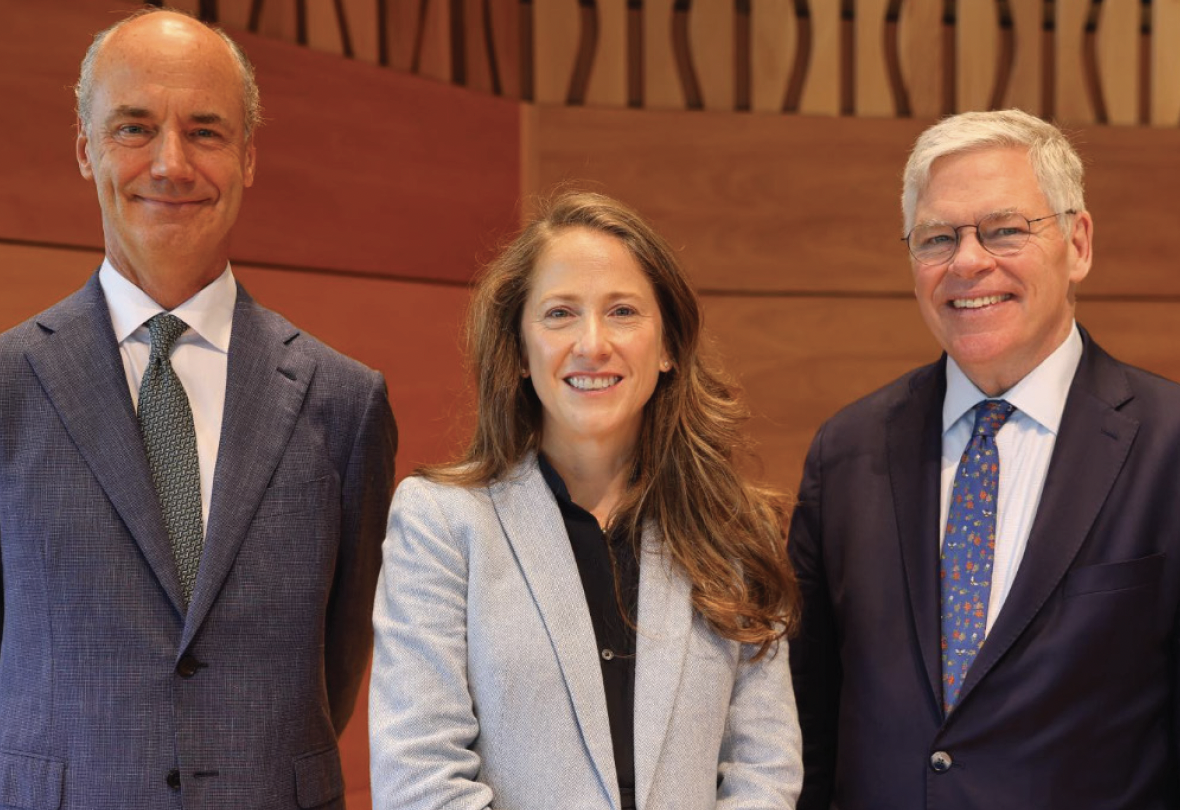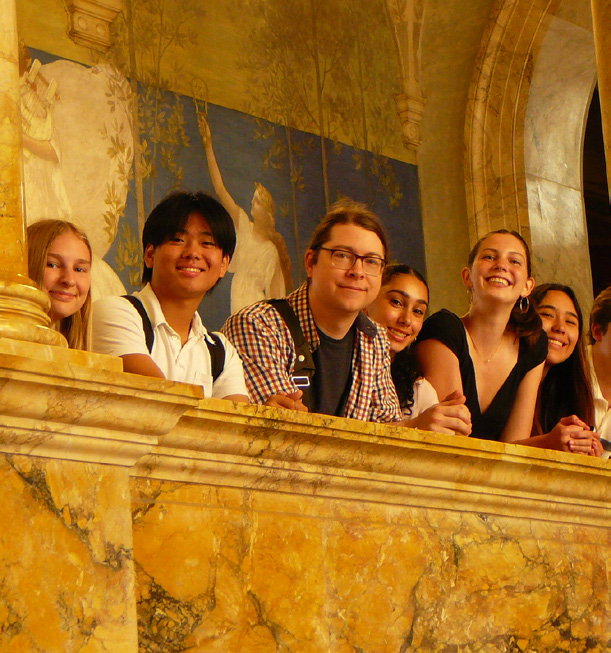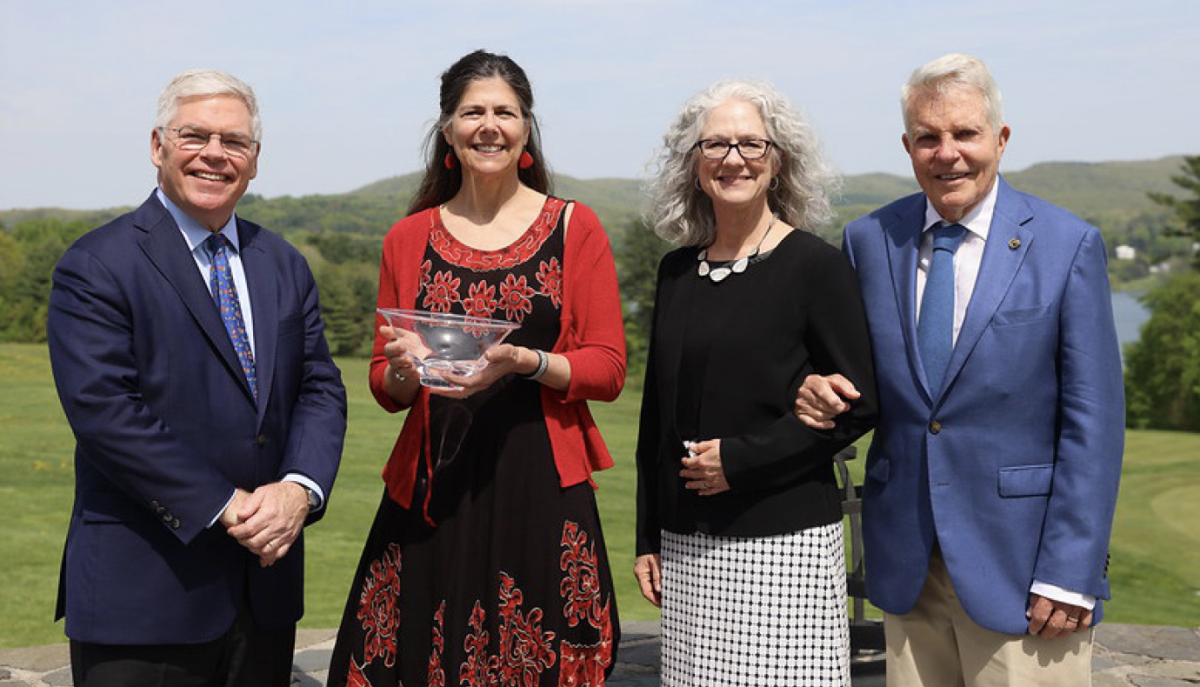The newly established Matthiessen Scholars environmental science program will kick off with a field research program in the summer of 2025 and a year-long course during the 2025-26 school year.
Named after naturalist Peter Matthiessen ’45, the program joins the English MacLeish and H&SS Hersey Scholars programs as signature independent research capstone programs at the school. Dr. Jeff Blevins, director of academic research programs, said, “The programs create spaces for students to make discoveries for themselves, take the lead on building and executing their own projects, and be charged with explaining why what they’ve found matters.”
The Matthiessen Scholars will gather this summer at Yale University’s research facility in the Great Mountain Forest (GMF) in Norfolk, Connecticut. The program will mark Yale and GMF’s first sustained partnership with a high school.
With the diversity of forest ecosystems on the property, the complex land use history of the area, and the quality of the facilities, GMF will serve as an ideal field research base for the Matthiessen Scholars.
The summer program is broken up into three major areas. The first is concentrated on research in environmental science. Scholars will focus on subjects in forest ecology. The summer experience will follow the long-standing geology tradition of “field camps,” which teach data collection and how to formulate compelling research questions. Scholars will also contribute to data collections for ongoing studies at GMF.
In addition, the scholars will engage in creative work, ranging from botanical painting and photography to poetry and journaling. Dr. Blevins said, “We want students to experience the feedback loop between the joy engendered by scientific discovery and the pure wonder that nature can make us feel when we engage with it creatively.”
Finally, the scholars will engage in workshops focusing on wilderness skills, which will culminate in Wilderness First Aid certification.
Following the summer experience, the scholars will apply the knowledge and lab skills cultivated to the work of a year-long course. They will collect samples from the natural landscapes around the school, working to contribute to their research question from field camp.
Mr. Chris Oostenink, instructor in environmental science, said, “In many ways, the Matthiessen program is an extension of the current forest ecology course at the school, but it presents an opportunity for students to go deeper into research questions related to the field by virtue of a longer period of engagement.”
The school is still developing a final project for the scholars and searching for the program’s director— likely an active ecologist with substantial research and field experience.
Applications for the program will be due in February. The process is currently in the design phase, but students will likely be required to submit a statement of interest and letter of recommendation from a science teacher, as well as attend an interview.
The program will eventually accept eight to ten current Upper Mids.
Students who are interested in any of the sciences are encouraged to apply.
“Students should be interested in making connections,” said Mr. Oostenink. “It’s impossible to do productive work in the environmental sciences without an interest in seeing how they can use their study of chemistry to better understand geology. Work in the environmental sciences is deeply informed by work in the Humanities—you can’t understand the past, present, and potential future of a place if you don’t consider the human dimensions of it as well.”



